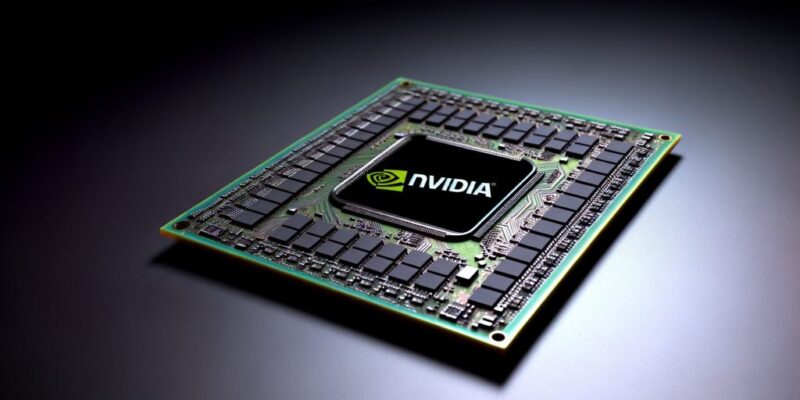Nvidia is developing a new artificial intelligence (AI) chip for China, based on its latest Blackwell architecture, in a move that could reshape the company’s presence in one of its most sensitive markets. The new chip, codenamed B30A, is expected to deliver stronger performance than the H20, the model Nvidia is currently permitted to sell under U.S. export restrictions.
The B30A will use a single-die design capable of about half the computing power of Nvidia’s flagship B300 accelerator card, but still significantly more advanced than the H20. Nvidia hopes to begin delivering samples of the chip to Chinese clients for testing as early as next month.
“Everything we offer is with the full approval of the applicable authorities and designed solely for beneficial commercial use,” Nvidia said in a statement, underscoring its commitment to comply with U.S. trade regulations.
By Ruvarashe Gora
The company only resumed sales of the H20 in July after a temporary suspension earlier this year, highlighting the ongoing friction between commercial demand in China and tightening U.S. controls on advanced technology exports. China accounted for 13% of Nvidia’s revenue last year, making the market both lucrative and strategically important.
Industry analysts say the development of the B30A reflects Nvidia’s efforts to retain Chinese customers while adhering to Washington’s limits. The company’s CUDA software ecosystem has long been a competitive advantage, but rivals such as Huawei are rapidly advancing their own AI chip designs. Chinese state media have also raised concerns about Nvidia’s hardware, with some outlets alleging potential security risks, claims Nvidia firmly denies.
Nvidia is preparing another Blackwell-based chip, the RTX6000D, designed mainly for AI inference tasks. This chip has weaker specifications than the H20 but is deliberately engineered to stay just below U.S. regulatory thresholds. Shipments of the RTX6000D are expected to begin in September.
The launch of these new chips comes amid heightened geopolitical tension over AI leadership. U.S. lawmakers remain wary of allowing China access to even scaled-down versions of advanced accelerators, while Beijing is investing heavily in homegrown alternatives.
Despite the uncertainty, Nvidia’s roadmap shows it is determined to balance compliance with U.S. rules and continued relevance in China’s fast-growing AI sector. How Washington responds to the B30A will be a key test of where the line is drawn in the global tech rivalry.














Comments